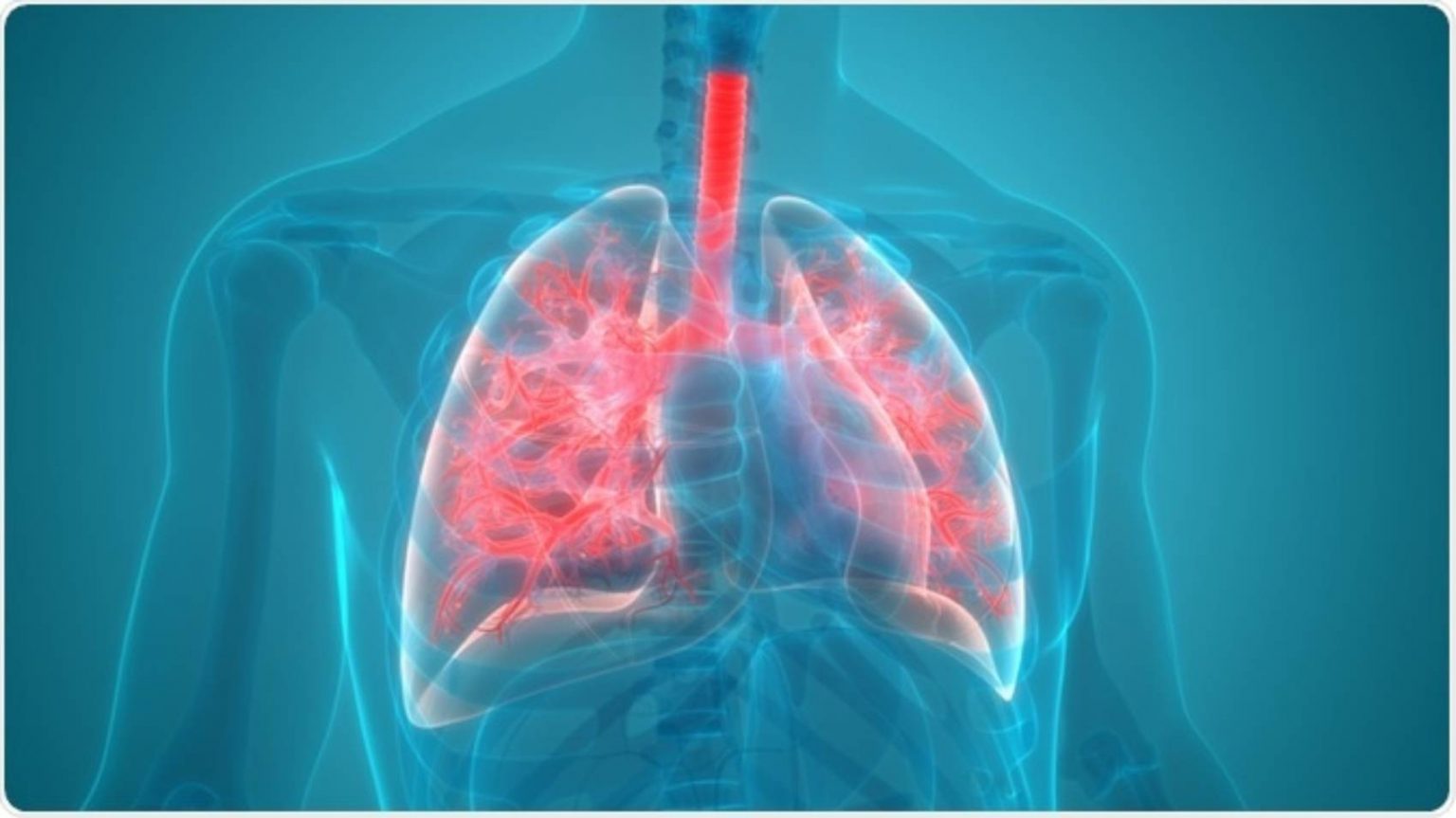When is pneumonia contagious, and how is it spread? There are no easy solutions to these issues. Usually, pneumonia is not an infectious disease, but some types of pneumonia can apply to other people, such as B. Some types of bacterial.
However, it is not easily obtained, and most people who contact someone with pneumonia will not develop the disease. Let’s take a look at when pneumonia is contagious and which people are most susceptible to it.
Table of Contents
When Is Pneumonia Contagious?
Pneumonia is an infection of the lung tissue, mainly the alveoli, in which oxygen in the air you breathe passes from the lungs to the z.
For pneumonia to develop, a fungus, virus, or bacteria must reach the alveoli. There are about 100 microorganisms that can cause pneumonia, including viruses, bacteria, parasites, and fungi. However, most cases cause by 4 or 5 germs that usually colonize our upper respiratory tract.
Types Of Pneumonia
Viral Pneumonia
The most common forms of viral pneumonia are caused by the influenza virus, which causes the flu, and parainfluenza, adenovirus, and respiratory syncytial virus, which are common cold viruses.
Viral pneumonia is considere contagious, but what contagious the disease cause by the virus. For example, if you contact a patient with influenza it, the risk of catching the flu is high.
Bacterial Pneumonia
The main bacteria responsible for pneumonia are Streptococci pneumoniae, Haemophilus influenzae, Klebsiella pneumonia, Pseudomonas aeruginosa, and Staphylococcus aureus. None of these bacteria are commonly pass from person to person; they already exist in our bodies.
In bacteria, it should be note that germs such as Streptococcus pneumonias can be contagious. However, this is not the most common form of infection, as closer and more prolonged contact is require for transmission.
There is also a group of bacteria that cause a type of pneumonias called atypical . Its name is because the clinical manifestations of this disease are usually different. These bacteria can transmit pneumonias directly from person to person through respiratory secretions such as viruses, but their clinical picture is milder than that of ordinary.
Defense Against
In general, it is tough to get pneumonias when we are healthy because the airways have a complex defense system that prevents bacteria from entering the lungs.
For example, sneezing and the cough reflex are defenses that is activate to expel any structure from the deeper parts of the respiratory system. However, there are times when these mechanisms fail, and an infection develops.
How To Spread?
It can be transmit in many ways, and knowing them is essential to prevent the disease. As previously state, it rarely shared between people, but it is frequently cause by bacteria that we encounter. have in our airways. In detail, the most common modes of reproduction are:
Viruses and bacteria in the nose or throat can infect the lungs when inhaled. It is because the bacteria that colonize the upper respiratory tract are responsible for most cases of pneumonias. When the patient’s immune system is robust, these bacteria cannot reach the lungs, but in vulnerable situations, they can bypass the immune system and cause infection of the lungs.
How To Prevent
Pneumonias usually occurs after a flu test, so it that people in risk groups get the flu shot. Some vaccines can prevent infections caused by some of the bacteria and viruses that cause It. Avoiding smoking and leading a healthy lifestyle also helps prevent pneumonia
